Decision time in Geneva: For the sake of our health
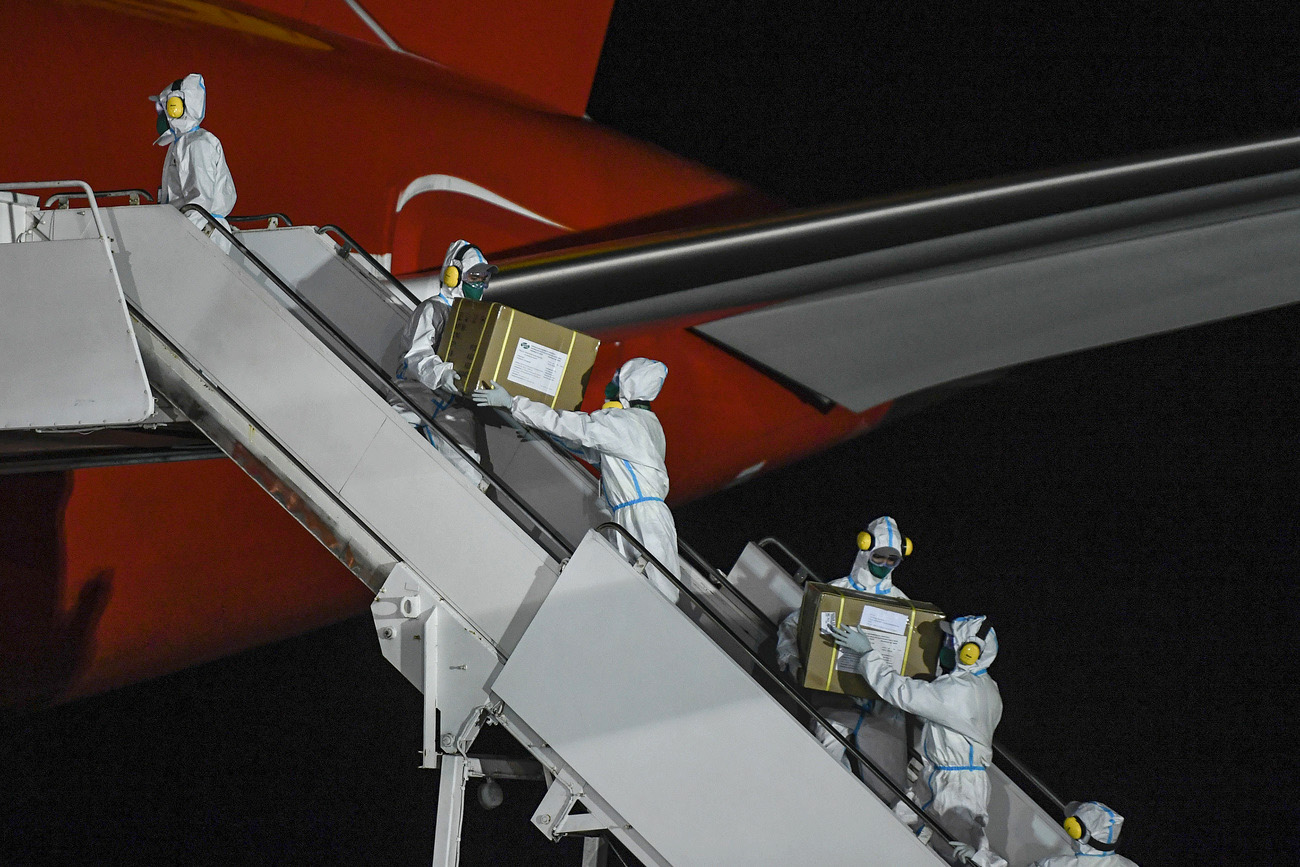
The World Health Assembly is holding its annual meeting this week, in what could be a defining moment to outline a better coordinated and cooperative response to future pandemics.
The weeklong assembly, held virtually this year, is a gathering of high-ranking delegations from the World Health Organization’s (WHO) 194-member states. It sets policy, makes appointments, and reviews the WHO budget.
This year’s edition could be the most closely watched ever, as the most recent clash over vaccine access has not only pitted the developing world against the developed, but western states against each other.
Only a couple of weeks before the start of the assembly, the United States Trade Representative, Katherine Tai, dropped a bombshell by announcing Washington’s support for a temporary waiver of intellectual property (IP) protections on Covid-19 vaccines.
The announcement caught Europe, including Switzerland, with its important pharmaceutical sector, off guard. As SWI swissinfo.ch reported, Switzerland is not willing to give up patent protection so easily.

More
Swiss not swayed by US vaccine waiver announcement
Even though a final decision on an IP waiver will be taken later this year by member states as part of World Trade Organization talks, improved access to medicines and other health technologies will be high on the WHA agenda.
The devil lies in the detail, as Geneva correspondent, Imogen Foulkes, learned in her conversation with health experts in the latest episode of the Inside Geneva podcast.
Initial response to Wuhan outbreak
Both the WHO and China have been criticised for not acting fast enough to contain Covid-19 when it first appeared in the Chinese city of Wuhan in late 2019. And despite allowing an international team of experts into Wuhan earlier this year, China is suspected of withholding key information from the mission that could have led to a better understanding of the source of the outbreak.
Indeed, without member states and regional cooperation, the WHO is a paper tiger. SWI swissinfo.ch has taken a closer look how the world body should – and in many cases – does effectively coordinate its response to health emergencies. Much of the work carried out at the regional offices of the WHO is unsung: strengthening laboratory capacities so viruses can be detected, improving local health systems, and facilitating the timely and accurate reporting of outbreaks.

More
WHO prepares for fundamental Covid-induced reforms
One reason for the poor international response to Covid-19 has been the failure of governments to uphold their commitments to the International Health Regulations (IHR), designed explicitly in 2005 to enhance global collaboration. Delegates to the assembly are expected to take a close look at why they proved so ineffective over the past 12 months.
In an interview, former WHO Assistant Director-General Keiji Fukuda said that: “The more fundamental issue is whether countries believe a multilateral, cooperative approach is desirable and if it is feasible to implement in the current era”.
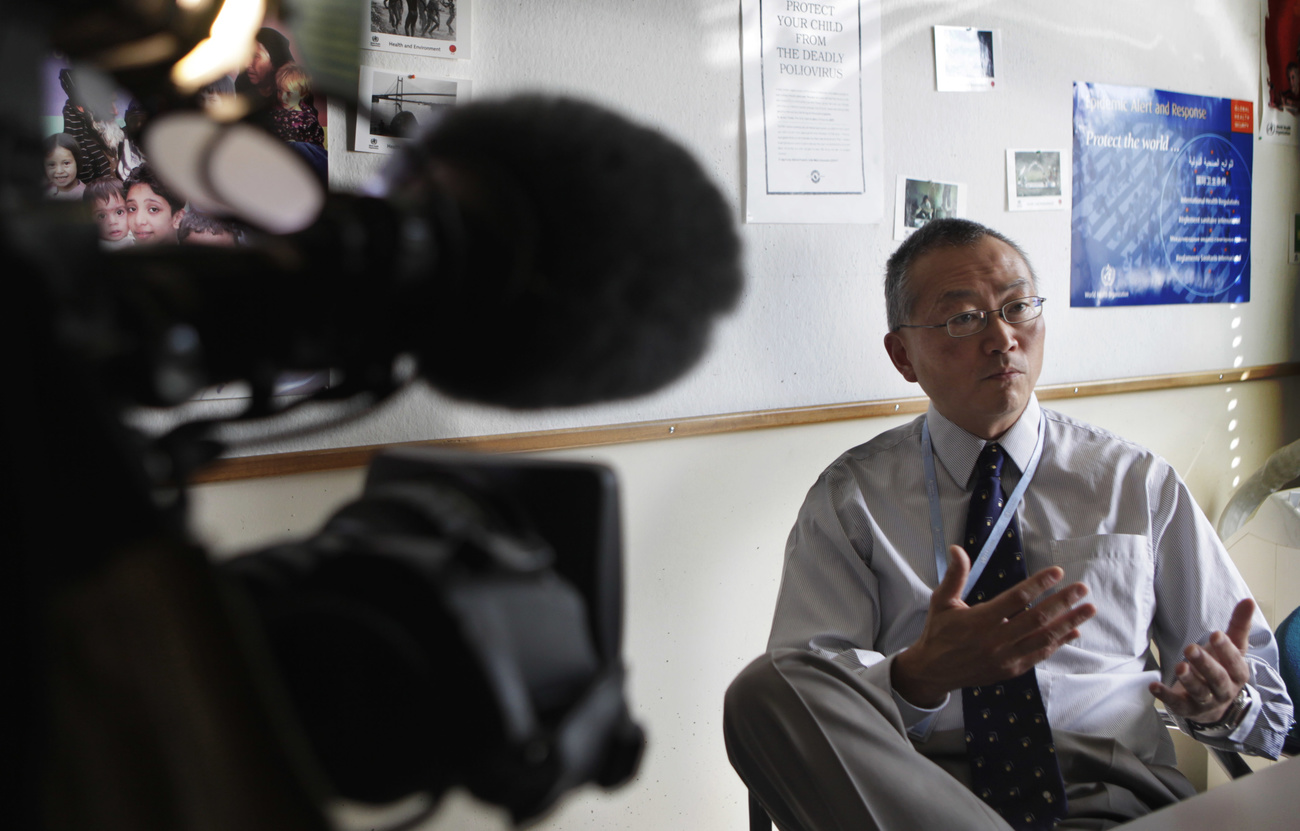
More
WHO has no means to impose multilateral response to pandemics
The level at which countries cooperate and define priorities is not only defined by governments. Private donors play an increasingly important role in setting global policy and response. The Bill & Melinda Gates Foundation is the second largest contributor to the WHO budget, accounting for more than 9% of the body’s funding.
While the good done by the private foundation is unquestionable, there are concerns that it grants individuals the power to influence global health priorities. “[The WHO] is beholden to a largely unaccountable private actor,” said Lawrence Gostin of Georgetown University in this article.
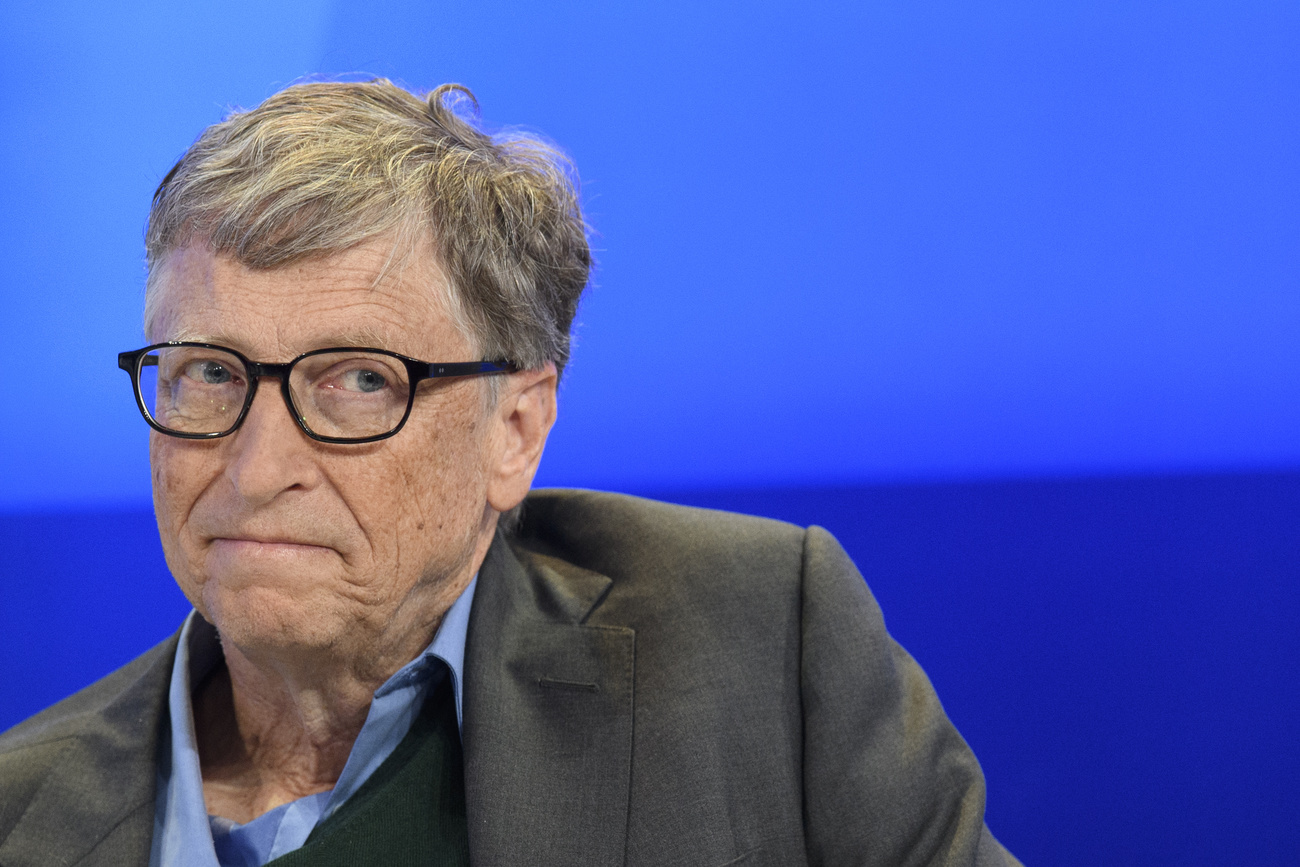
More
Does Bill Gates have too much influence in the WHO?
For her part, Linsey McGoey, a professor of sociology at the UK’s Essex University says she thinks Gates has an ideological interest in seeing measurable results on a quick timescale, to show that “billionaire philanthropy” is working.
More
So how did the WHO get to the position it’s in today; a body created to perform a public good but “beholden” to private individuals, and its role to coordinate a response to health emergencies undermined by its very members? In this video, we look at the WHO’s achievements over its 73-year-history, and the many challenges it faces today.
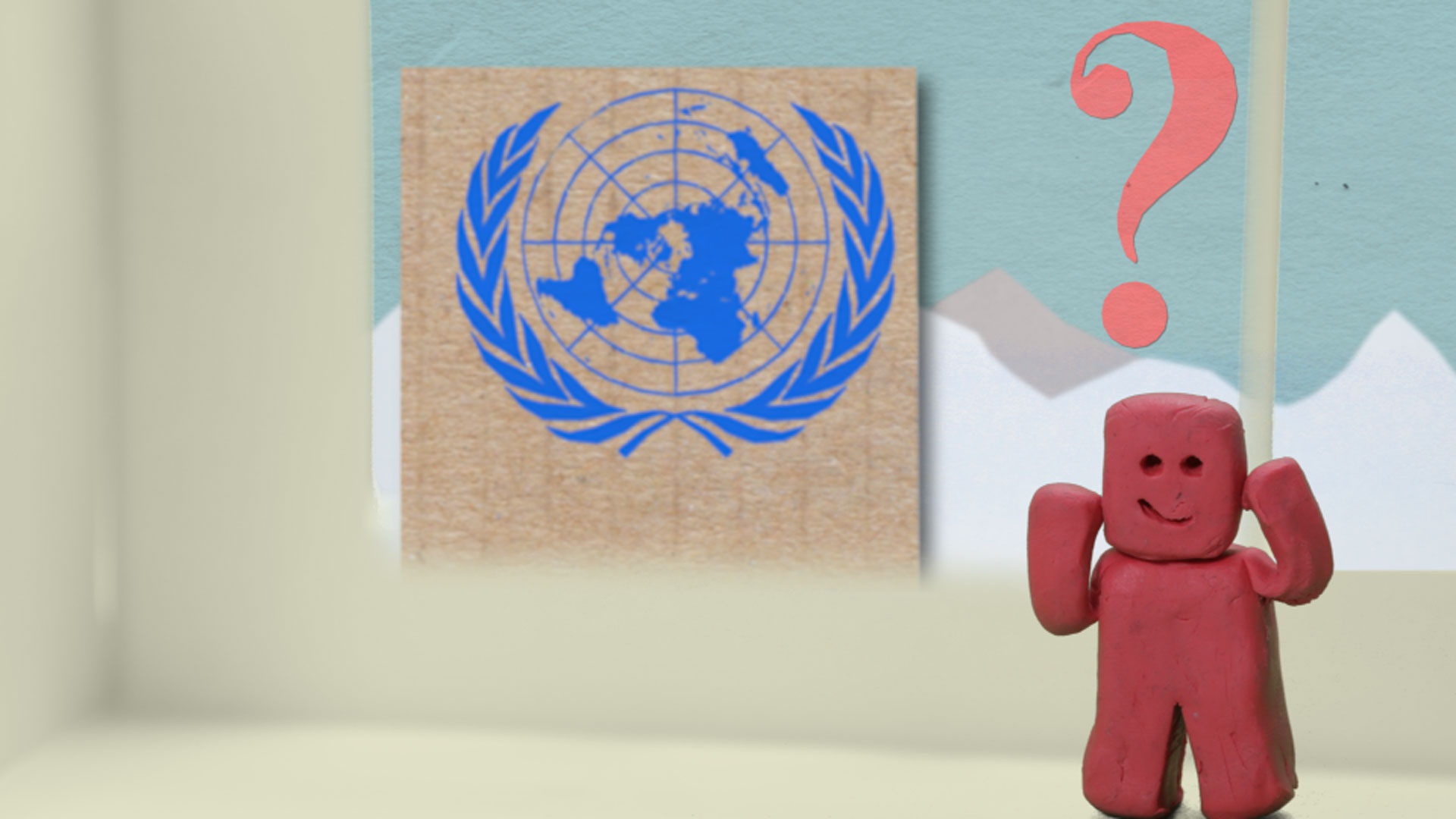
More
Covid-19: WHO really calls the shots?

In compliance with the JTI standards
More: SWI swissinfo.ch certified by the Journalism Trust Initiative











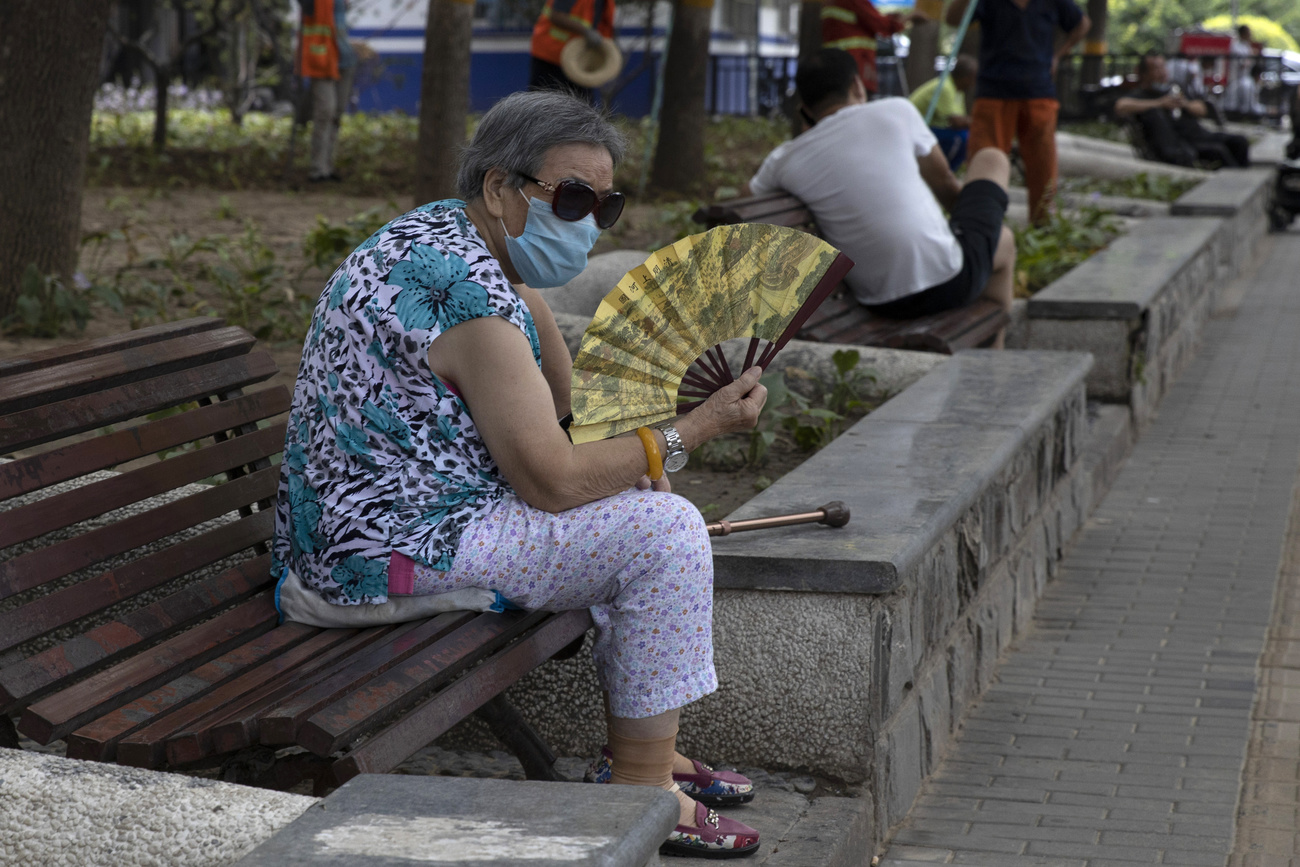


You can find an overview of ongoing debates with our journalists here . Please join us!
If you want to start a conversation about a topic raised in this article or want to report factual errors, email us at english@swissinfo.ch.